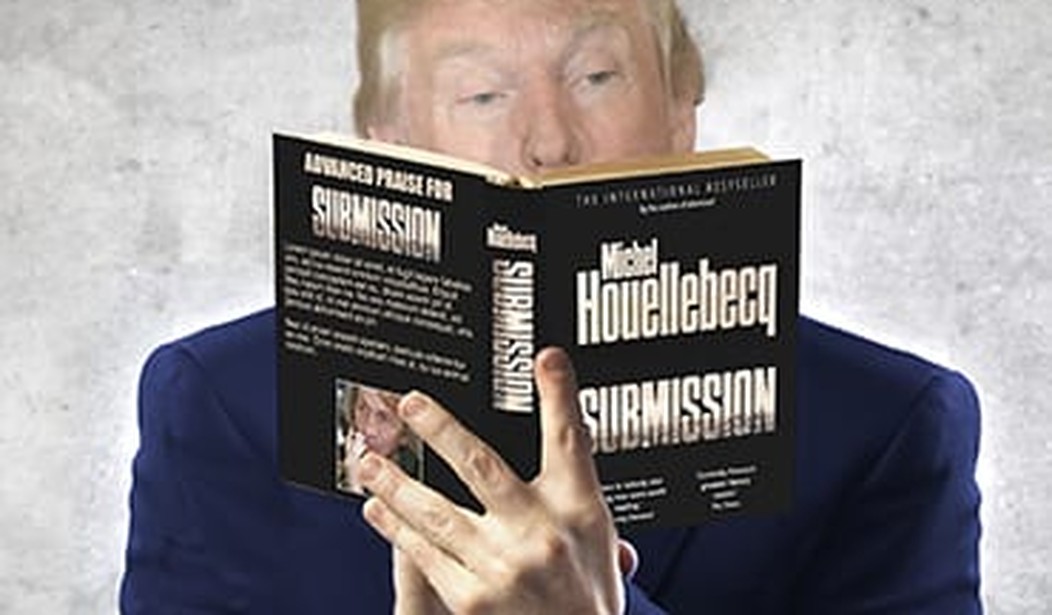Pew Research released a survey that shows a growing rejection of religious affiliation, especially among Christians over the last decade. The drop is especially noticeable among millennials. And there is a generational divide as well, as older Americans hang on to the faith of their fathers.
It should be noted that the numbers do not reflect a rejection of Christianity itself. But there are a lot fewer Americans who are affiliated with a Christian church than there were 10 years ago.
The survey, conducted by Pew Research Center, follows additional studies over the past couple decades that have shown membership in Christian churches declining in the United States. The latest study also reflects past findings that millennials, those born in the last couple decades of the 20th century, are especially nonreligious and unlikely to attend church services regularly.
Using data compiled in 2018 and 2019, the survey found 65% of Americans identify as Christian, down 12 percentage points from 2009. Protestants declined from 51% to 43% as a percentage of the overall population, while Catholics dropped from 23% to 20%. Overall church attendance also dropped, with only a minority now attending church monthly or more often.
The percentage of Americans unaffiliated with a religious group increased from 17% to 26% over that same time span, with most unaffiliated Americans identifying as “nothing in particular.” Those considering themselves “nothing in particular” jumped from 12% to 17% over the past decade, while agnostics went from 3% to 5%, and atheists increased from 2% to 4%.
It shouldn’t surprise us that millennials have chosen to disaffiliate from mainstream Protestant and Roman Catholic churches. But the generational divide in America is stark.
The numbers released by Pew show a clear generational gap in religiosity. Whereas 84% of the silent generation, those born between 1928 and 1945, identify as Christian and only 10% as unaffiliated, only 49% of millennials consider themselves Christian, while 40% call themselves unaffiliated.
Over the past decade, the number of millennials identifying as Christian has declined 16%, while the number calling themselves unaffiliated has jumped 13%. The silent generation’s religious identification remained virtually unchanged over the past decade. Generation X, which precedes the millennial generation, witnessed a decline of 8% among those identifying as Christian, half as large as the decline among millennials.
I think this says a lot more about America than it does Christianity. The timeless, immutable beliefs of Christianity are unchanged. But Americans’ faith in the institutional church has been lost. This could be considered another manifestation of America’s loss of faith in its secular institutions as well.
It would be hard to pinpoint the major reason why younger Americans have rejected organized religion. I think it goes hand in hand with the loss of a sense of community. The church, if it was nothing else, was the center of community life in America for 200 years — social, political, and sacred all put together.
But the younger American’s “community” is a virtual one, lived online and with precious little human contact. They don’t see the need to attend church. Their minds aren’t wired the same way as ours to crave the comfort of being in the physical presence of others who believe as they do.
They still gather in their little groups online and occasionally get together, but the center of their social and political lives is their iPhone. What that portends for the future of America is uncertain, but it’s certainly roiling our politics and weakening the bonds of community.










Join the conversation as a VIP Member